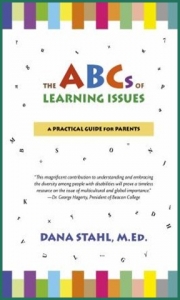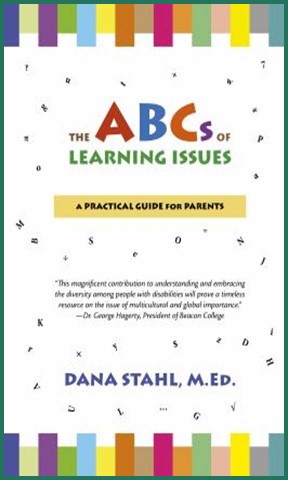
I heard What You Said, It Just Got All Jumbled!
In order to have sound listening comprehension skills, it is helpful to have solid auditory integration skills. Listening comprehension is more than just hearing what is said, it refers to children’s capacity to understand sounds, words, and sentences, and to their ability to make meaning out of the messages they hear.
Students who have auditory integration skills issues struggle to understand what is said even though they have normal hearing. Something occurs in the brain while processing sounds that jumble the words and these students cannot make sense of the information.
Students with auditory integration skills deficits struggle to remain connected in class as they are less able to keep up with the auditory information presented. So much of school is lectured based and these students are at a distinct disadvantage. Fortunately, teaching in a multi-sensory fashion using visual aids reinforces specific concepts presented in class.
The following learning issue, Auditory Integration are reprinted from my book, The ABCs of Learning Issues. available through Amazon.

Clinical definition
Auditory integration is a process that usually occurs in the brain automatically when people make meaning out of the sounds, syllables, and words that they hear. A person who has difficulties with auditory integration skills struggles to understand the subtle differences in words and sounds, and therefore, they may not understand the meaning of what people say.
Educators’ definition
Children who have auditory integration skills issues struggle to understand what is said even though they have normal hearing. Something occurs in the brain while processing sounds that jumbles the words, and the child cannot make sense of the information.
What do these definitions mean?
This means that while these students may hear the information presented in class, they do not understand auditory information (information obtained by listening) in the same way as other children. This could affect many other areas of learning in the classroom since a lot of information is shared orally.
Which behaviors may parents observe if their child demonstrates auditory integration skills deficits?
• When giving directions, your child’s responses might be delayed.
• Your child’s reactions or responses to verbal information may seem off topic.
• If you give directions with multiple steps, they might follow through with only the first or second task.
• Detailed stories are not fully understood. Your child picks up on parts of the story and misses important details. For example, if you said, “The red bird sat on the green roof,” your child might process, “The bird is on the roof.”
Which professionals can treat this learning issue?
• Speech and language pathologists
• Learning specialists
• Classroom teachers
Which teaching strategies can be effective in school?
• Teach in a multi-sensory fashion using visual aids that reinforce specific concepts presented in class so that students do not need to rely solely on auditory cues.
• Movies, videos, photographs, diagrams, graphs, and charts can help illustrate orally presented concepts.
• Create class notes and outlines to help students obtain the information presented in class. This will help them at home when they have to do their work independently.
Which strategies can help at home?
• Provide homework support with visual aids such as illustrated examples, pictures, graphs, maps, and charts along with manipulatives like dice, rulers, and calculators to assist in understanding information that was presented verbally.
• Watch movies that coincide with assigned literature. For example, when reading To Kill a Mockingbird, watch the movie
and ask questions to help your child think critically, predict outcomes, and compare and contrast.
Need help understanding your child’s learning issues?
Read The ABCs of Learning Issues by Dana Stahl M.Ed.
- Understand what your child is experiencing and how it affects their learning
- Learn the meaning of terms educators and professionals use

Do you have a Question About Your Child’s Learning?
Ask Dana; Dana Stahl M.Ed answers your questions
- Post a confidential question through the EA website
- Dana will provide an answer and suggest next steps



